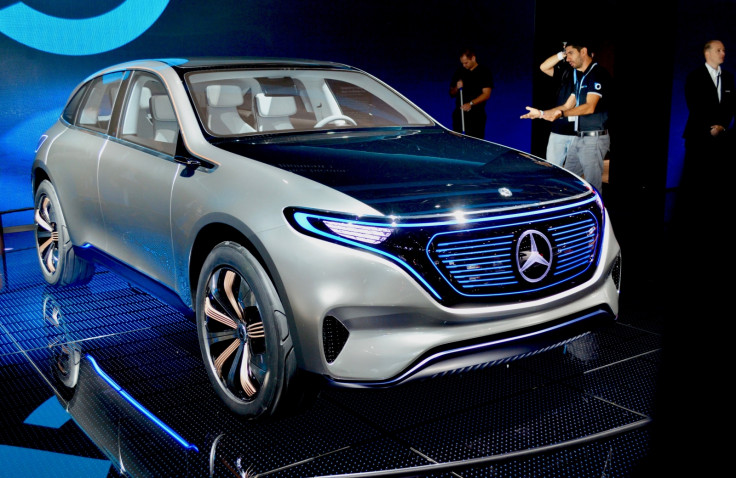Driverless cars must kill animals and damage property before injuring humans
German transport minister drafts ethics rules for future autonomous cars.

Autonomous cars must sacrifice animals and property to save human life, but cannot make a decision based on the age or physical condition of anyone involved, German regulators have said.
Ethical guidelines drawn up by a government committee state that, when presented with an unavoidable situation, autonomous cars must act to avoid injury to humans at all costs. They must also be able to change direction and damage property or strike animals to prevent injury to their passenger, pedestrians and other road users.
However, although the vehicles will be granted permission to swerve around objects, they cannot make a decision which would favour one person over another, so children are not prioritised over pensioners, for example. Decisions made by the car cannot be based on age, sex, race or disabilities.
Such a measure has previously been discussed as a potential course of action for autonomous cars presented with a no-win situation. A so-called 'Moral Machine' developed by the Massachusetts Institute of Technology drew attention to this in 2016, asking participants to pick who they would save in the event of an autonomous car's impending accident.
"The interactions of humans and machines is throwing up new ethical questions in the age of digitisation and self-learning systems," said German transport minister Alexander Dobrindt. He added: "The ministry's ethics commission has pioneered the cause and drawn up the world's first set of guidelines for automated driving."
Solving the Trolley Problem
Working out what autonomous cars should do in an emergency stems back to the Trolley Problem, a hypothetical situation where you can either flick a switch to alter the path of a runaway train to save five people and kill one, or do nothing and let the train kill five, leaving one unharmed. Most people given this choice would alter the trolley's route to save the five.
But when another version asks you to push a large man in front of the train, killing him to save the five others, most people say they would do nothing, despite the outcome being the same as flicking the switch in the first scenario.
The new rules also state that a black box logging system should be installed in each autonomous vehicle, recording who was driving at the time of the incident, the car or its owner.
The latter is something already implemented by Tesla, whose cars record every driver input and upload that data to the company's servers. After an accident, Tesla can determine whether the driver or the company's Autopilot system was in control. However, and in keeping with the new German rules, Tesla insists drivers are ultimately responsible whether the system is switched on or not.
© Copyright IBTimes 2025. All rights reserved.






















